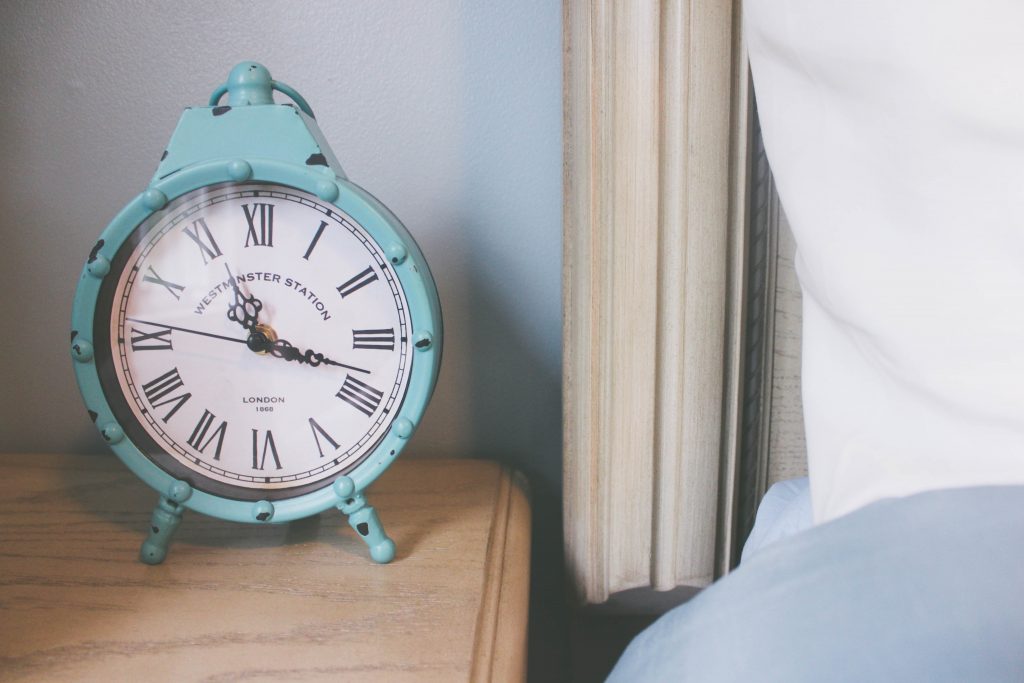Does my aunt need to be in a care home or not?

Dear Lesley
My elderly aunt is currently living in a care home. She moved there following several near accidents with hot saucepans and irons and some very bad falls. At the time she also appeared to be showing signs of dementia.
In her new environment she appears to have completely recovered mentally. Her mobility is not as good as it once was, but she moves around slowly and only occasionally needs help.
Now that her mind seems lucid she is understandably desperately unhappy conversing with others whose minds are not like hers. Her son and I feel it is unkind to keep her in a care home when she does not appear to need care.
However we know that if she moves back to her own home she is likely to return to her previous situation where she maintains no routine or separation between night and day, falls asleep in the middle of cooking and becomes a danger to herself.
She refuses to have a carer in her home and we are in a real dilemma as to what to do next.
Lesley replies
Yes, this is a toughie. You and your cousin must feel very torn.
The key question that comes to my mind as I read your dilemma is whether your aunt decided herself that she wanted to be in a care home, whether the options were discussed within the family or whether decisions were made in an emergency.
It may be that you’ve simplified things for the purposes of the email but it isn’t entirely clear whether your aunt had any advice from a medical expert or social services and whether she was persuaded that the care home was the safest option for the future – or simply a place to recover from a fall with the assumption that she would go back to her own home afterwards.
Assessing true mental health
Another question that arises for me is whether your aunt was disorientated by the falls or whether she indeed has dementia. No separation between day and night is unusual for an older person (unless she was always very unconventional) and confusion about time is a classic symptom of dementia. If she is also falling asleep during cooking and having falls, she does indeed seem to be at risk if she is living alone.
Although she doesn’t like being in the care home, this has probably made your aunt feel much safer and less anxious and this may be why she is now more lucid. On the other hand, she may be at an early stage of dementia where she is able to hide it or “put on a show” when family come to visit. The care home can probably advise you about how she is generally and especially at night, now that she has had time to settle in.
A social services assessment and visit to the GP and/or memory clinic would provide useful information about her health and the extent of the risk. If she doesn’t have dementia or has only mild cognitive impairment then there are many options for where and how she can live.
Deciding what support is needed
Whatever options you look at, it’s clear that your aunt can’t simply go back home and carry on as before, much as she may want to.
I don’t know to what extent you and your cousin have discussed the situation but if your aunt were to return home, how much help and support are you and he, and others, able to offer? Does your aunt need someone to pop in and keep an eye on her or does she need professional carers?
Having an honest and open conversation
Once you are clearer in your own mind, you’ll need to have an honest conversation with your aunt. It’s so hard for an older person to realise that they have to make changes and might lose their independence. Hard too for the families that have to discuss it with them.
Perhaps some “tough love” will be necessary? For example, pointing out that you completely understand her desire to go home and will help to make that happen – but only on the understanding that she agrees to some support. You could think about who would be best at having this conversation with your aunt – you, your cousin, or perhaps someone else in the family – or even a family friend.
It sounds like everyone wants to keep your aunt safe and happy. But first of all you need to get some more information about her actual situation and what the different possibilities are. Between staying in a care home where she is unhappy and going back to her own home where she is at risk, there are many options to be considered.
We do wish you well with this and would love to know what you decide.
If you found this article useful you may like to read further:
Top tips on making life easier for someone with dementia
Recognising signs of dementia
Dementia care – how to find the help you need
Dr Lesley Trenner is an Ageing Parent specialist with extensive qualifications and experience in life coaching. Lesley provides one-to-one help for people who are struggling to balance work and care, or cope with mid-life, family and career challenges. Sessions are available face-to-face (London) or on the phone. Email Lesley or call 07919 880 250 for a free introductory chat.
Why not sign up for our regular newsletter for all our latest articles and news on what’s happening in eldercare? Just click on the box below.
Photo by Rachel Nelson on Unsplash

